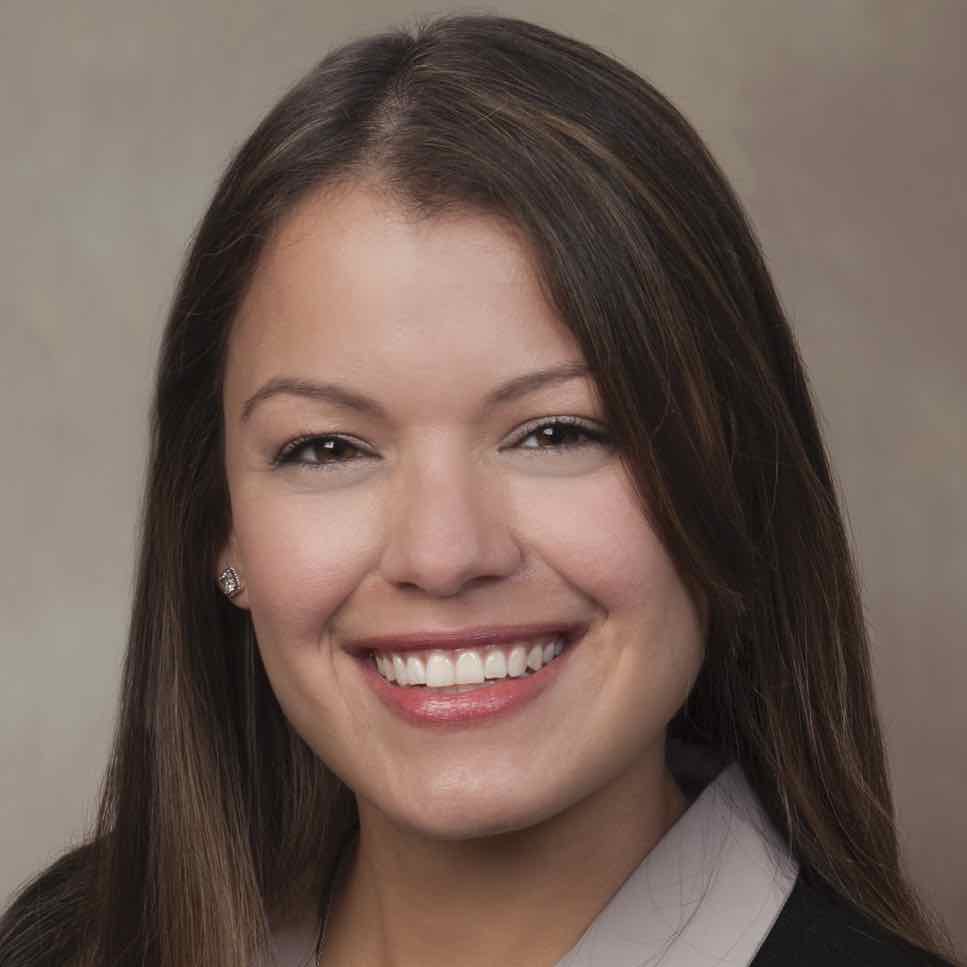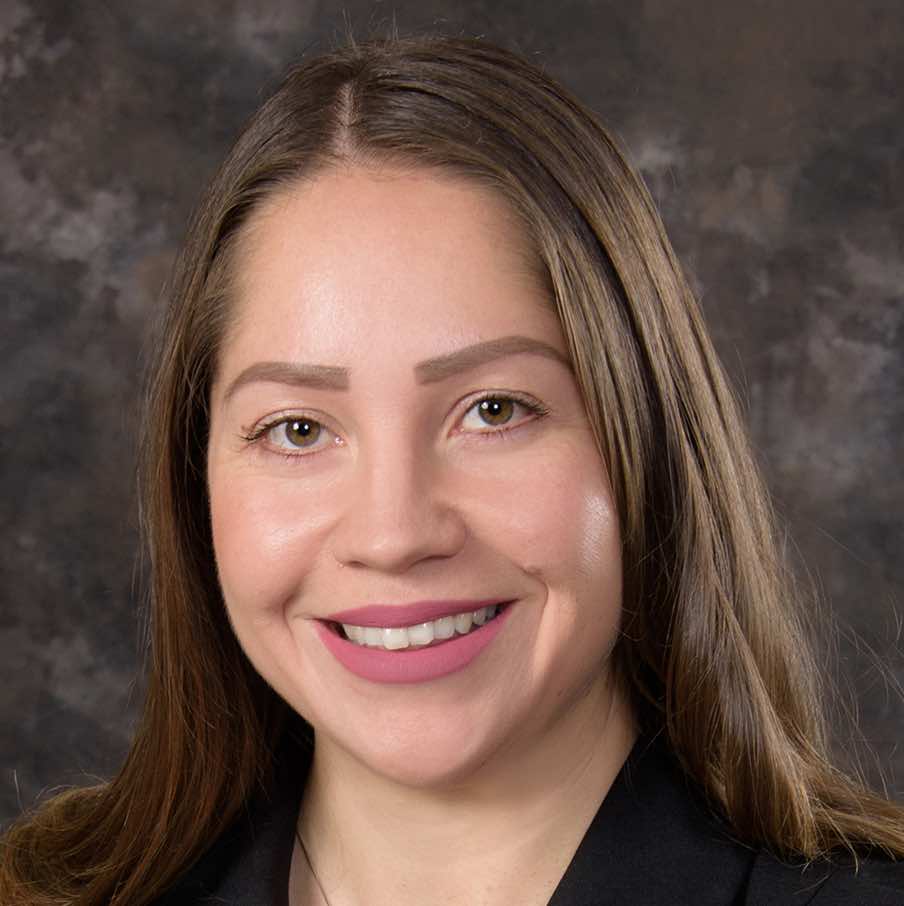3 minutes
Leaders from Hope CU and Premier America CU share their experiences.
CUES was fortunate to get to talk with Fabiana Luis-DeGuire and Diana Cervantes about some key aspects of diversity, equity and inclusion: hiring, community partnerships and promoting an inclusive culture. Luis-DeGuire is financial inclusion officer at $368 million Hope Credit Union in Jackson, Mississippi, and Cervantes is VP/community and business development at $3.2 billion Premier America Credit Union in Chatsworth, California, and executive director of Premier America Foundation, which focuses on youth financial empowerment.
Q: Why is hiring for diversity through colleges/universities important, and what has your organization done to hire for diversity through them?
Luis-DeGuire: Hope CU has found success in building partnerships with local schools and historically Black colleges and universities to broaden our recruit pool. We believe we’re stronger as an organization when our workforce is as diverse in thought and experience as it is in race and culture. For example, hiring younger talent allows us to better understand and serve this member base.
Cervantes: In my experience, colleges and universities are a melting pot of opportunity. Students are excited about the future and welcome mentors/opportunities. Campuses are also a great place to educate our youth about shaking up the credit union movement, not only as an employee but as a member or advocate.
Premier America CU recently partnered with Cal State University Channel Islands, Camarillo, California. To validate our commitment, we installed an ATM and offered virtual financial education workshops. The workshops were so successful that we were invited to co-host virtual job fairs. The experience was incredible. I was able to meet and chat with several students about the opportunities a credit union has to offer. And not surprisingly, many were unaware of the values a credit union brings to the table.
Credit unions can take this even further by seeking out local partners besides colleges and universities that serve a multi-cultural landscape and inviting them to work with your credit union. Community partners are an excellent vehicle to leverage trust and awareness in the community. Treat every community partner like a member of your credit union. If we become good stewards of our members’ money, we can also become good stewards of our community and bring people together.
Q: What are your thoughts about how credit unions can best succeed with their overall diversity, equity and inclusion efforts?
Luis-DeGuire: Diversity and inclusion programs go beyond HR. To thrive, these programs must be part of the corporate culture. A DEI advocate at the highest levels of the organization is key to ensuring the organization is on track, and this person will often have the support of the board of directors and other organizational leaders to help drive accountability at all levels of the organization to close the gap between what is said and actual impact.
The most popular solution today is diversity training. While this approach is helpful, making employees aware of diversity disparities is often not enough. Credit unions should first consider making structural changes, implementing transparency and coaching their leaders on bias to give them an understanding of how biases influence decision-making, talent acquisition and business outcomes. Leadership must understand the importance of diversity and inclusion and the value it brings to the organization.
Another approach is to utilize technology to your favor. Use data, metrics and analytics to create a culture of accountability for the organization’s progress and to assess any problems in the organization’s culture. The data can help organizations identify patterns, biases and discrepancies in race, compensation, rewards, hiring and promotions.
As our population continues to transform, the complexity of the workforce will grow with it. For an organization to thrive, it must grow, mature and develop simultaneously. Diversity and inclusion programs are a vital part of the journey that will not succeed without support from all levels of the organization.
Earn an Executive Certificate in Human Resources!
Register now for the online Strategic Human Resources Leadership Cornell Certificate Program, running March 17-May 11, 2021.







